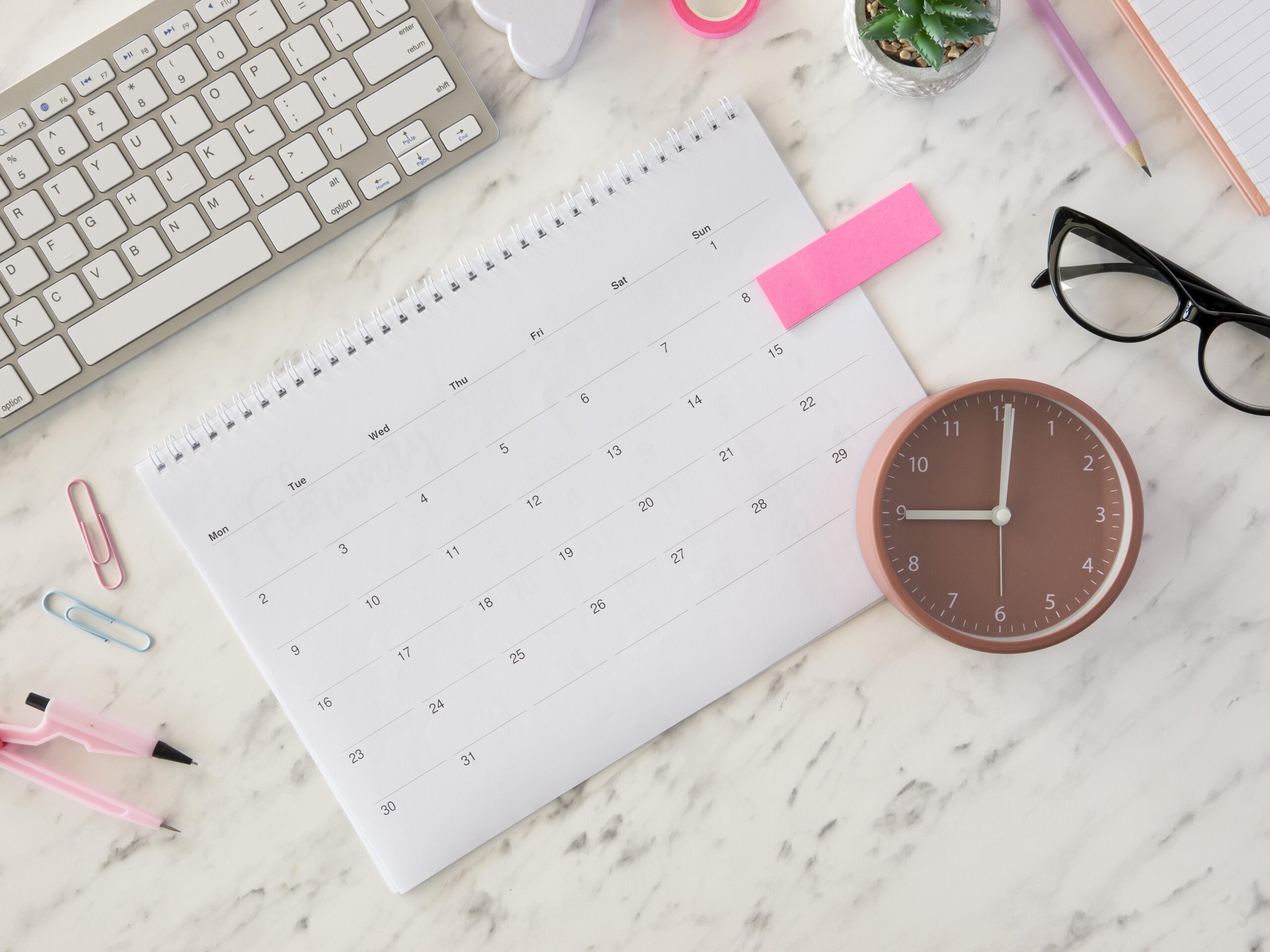How to Study and Work Simultaneously: 8 Tips to Get Organised
Studying and working at the same time is one of the most challenging hurdles we can face. It requires commitment, perseverance, discipline, and determination on our part. However, that's often not enough: we must add organization and planning to the recipe to achieve success..
Like many people, I had to combine these two activities during a phase of my life (and even though I continue to educate myself, I confess that nothing is as stressful as the demands and deadlines of University). After a year, I was super overwhelmed, but fortunately, problems always bring opportunities. That's how I learned to get organized and, through trial and error, I'm here today to share with you the keys to balancing life between study and work.I hope they help you as much as they helped me!
1. Take on the Commitment
The foundation for successfully studying and working simultaneously is to be committed to both activities. This means that we have to be aware of the sacrifices involved and be willing to make the effort. It's essential to ask ourselves: Is the sacrifice worth it for me at this specific moment in my life? Studying is a means to an end, what is that end for me?
Like everything, building solid foundations and clear objectives provide security to the project and ourselves.
2. Get Organised and Plan
I recommend setting a specific medium-term goal and breaking it down into short-term tasks. This will help you better understand what you need to do during each period of time, as well as give you satisfaction when you see yourself achieving your objectives. Then, schedule the tasks in your calendar and execute them within the defined timeframe.
The SMART Technique can be helpful in formulating your main goal, ensuring it is specific, measurable, achievable, relevant, and time-bound.

3. Intentional Time Management
In the context of planning how to study and work, we can divide our time into two categories: Productive time and non-productive time. It's essential to recognize that one exists because of the other, and both are equally necessary.
Having the habit of intentional time management, whether productive or non-productive, is an excellent way to avoid the guilt that often arises during leisure moments when, in theory, "we should be doing something else." If that leisure time was planned, there's no need to worry. Hours, days, and weeks of rest are healthy, necessary, and should be part of our strategy.
4. Optimise Your Time
You can use digital tools to help you organize and manage your tasks to make the most of your time. I recommend:
- Trello
- Google Calendar
- Pomofocus
- Slack
- Google Docs
- Milanote
- Notion.so/ if you learn to use it, you have all the tools in one place. You won't need anything else.

5. Take Care of Your Rest and Nutrition
Getting enough sleep allows the brain to oxygenate and replenish brain neurotransmitters. Eating healthily provides us with the necessary nutrients to have the energy we need.
If you have the possibility to consult with a nutritionist to create a nutrition plan tailored to your needs and routine, that would be ideal. It's all about planning and execution!
6. Be Consistent
Studying for 1 hour from Monday to Friday is better than studying for 5 hours on a Saturday. Furthermore, when we do something regularly and consistently, we are turning it into a habit. Initially, it may be challenging, but later on, it becomes simply part of our routine, almost as normal as brushing our teeth or making the bed.
7. Self-Motivation
Only when you understand that motivation is much more internal than external can you grasp the immense power you hold in your hands. Self-motivation also means rewarding yourself for your achievements and doing things you enjoy and that are good for you. Find in yourself what recharges your energies: quality time with family and friends, a delicious home-cooked meal, going to the cinema, spending an entire afternoon sipping mate tea and watching movies – whatever you like!
8. Learn Study Techniques
In addition to researching study methods, techniques, and examples, it is essential to learn how to extract information from your mind and not just memorize it. It's not enough to read, underline, and reread. We need to transform that information into knowledge, internalize it with our own words, experiences, and perception of the world. My advice? Explain what you study to someone else or to yourself in front of a mirror, but do it.

Before I say goodbye, I want to acknowledge how exhausting and nearly impossible it is to give 100% in everything all the time. Sometimes, we will achieve high grades, and other times, low grades. Sometimes, we will eat and sleep well, and other times, we will have to sacrifice a few hours of sleep. That's okay. That's realistic. The important thing is that it's the exception and not the rule.
We are individuals doing the best we can, and that should be enough. With consistency, organization, and discipline, everything is possible.
I wish you all the best!


